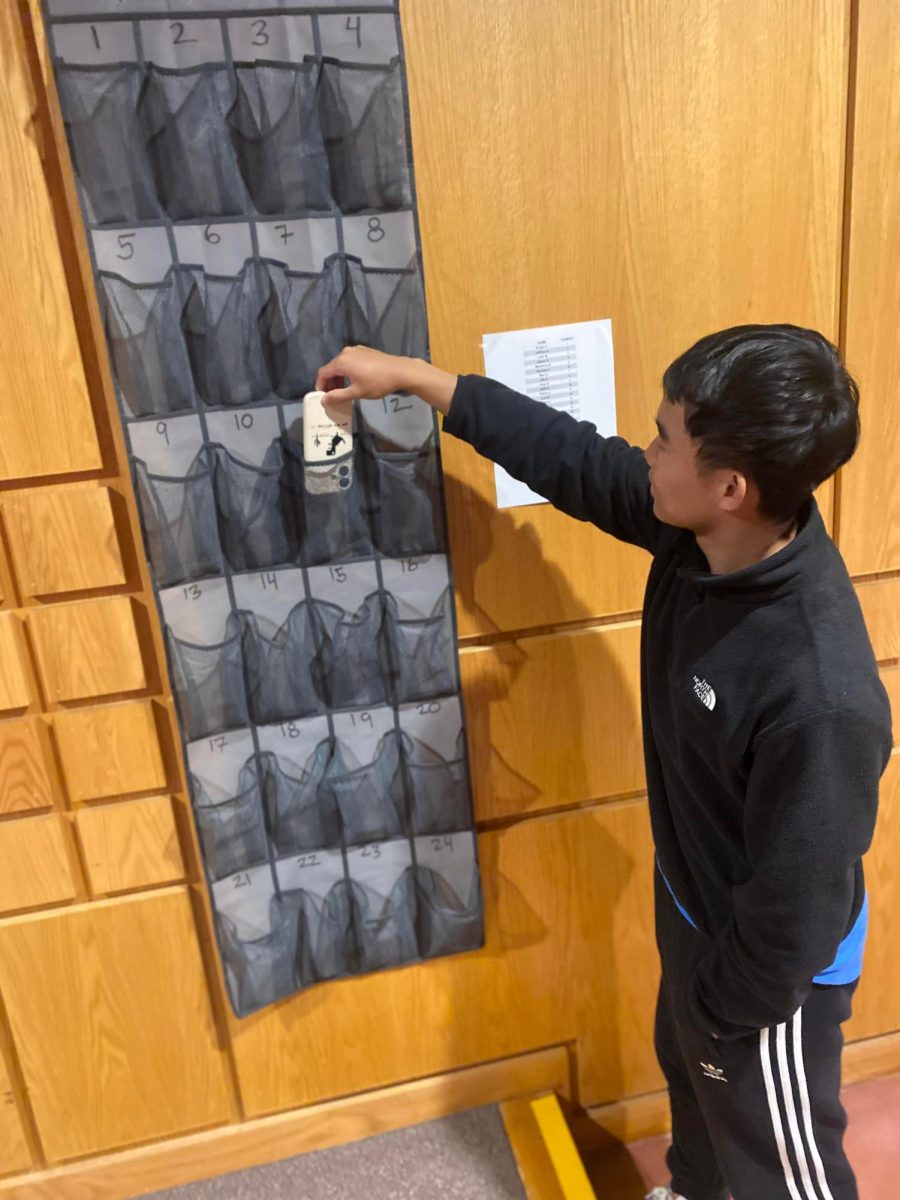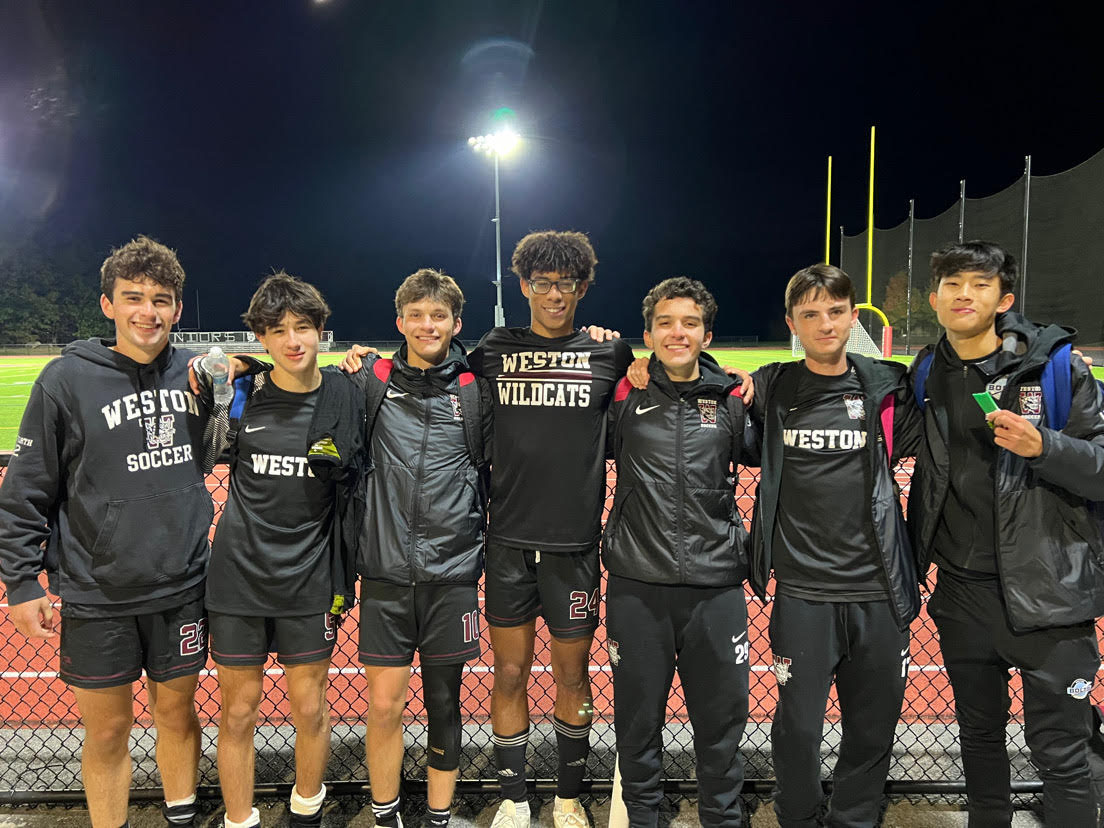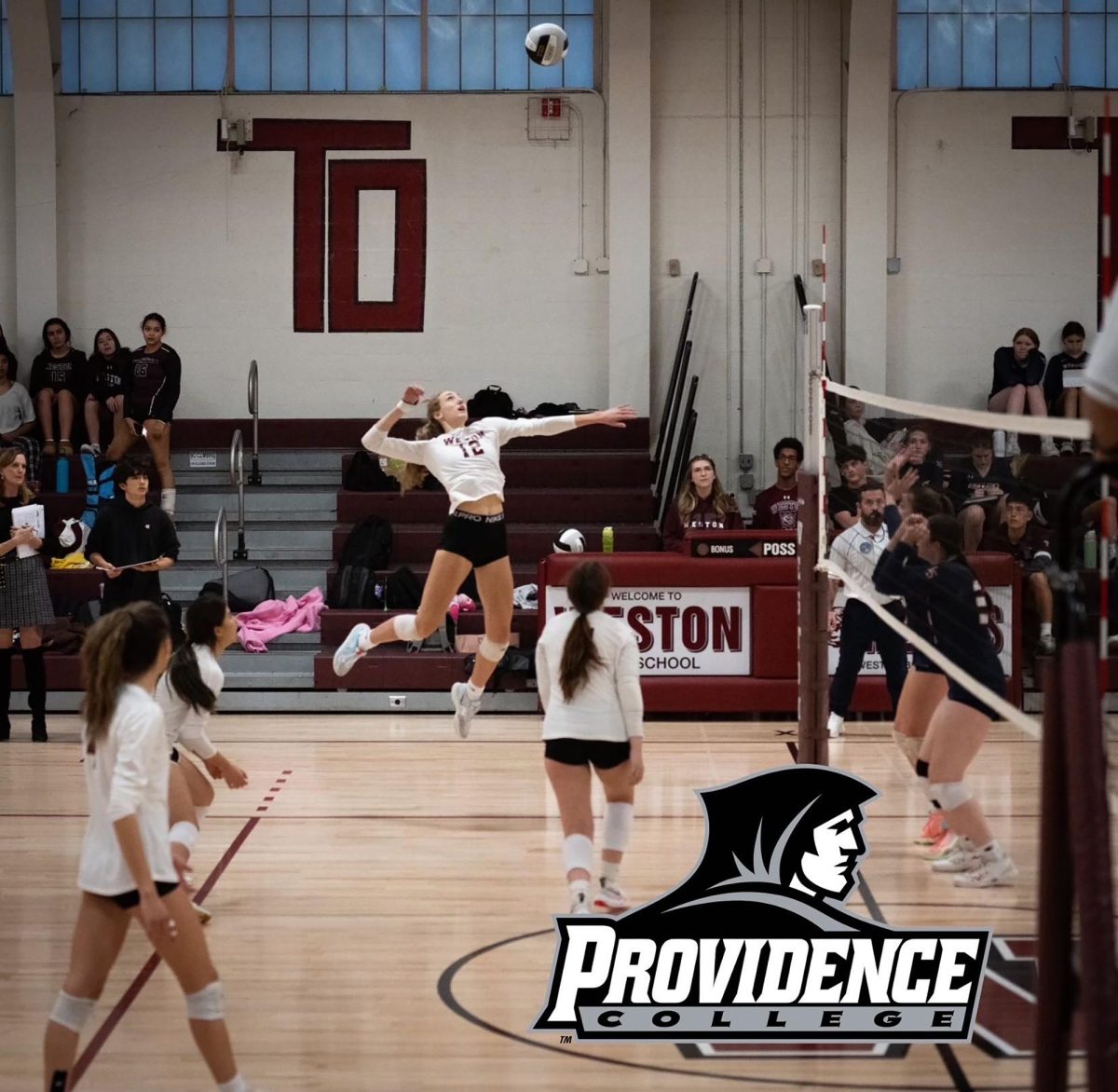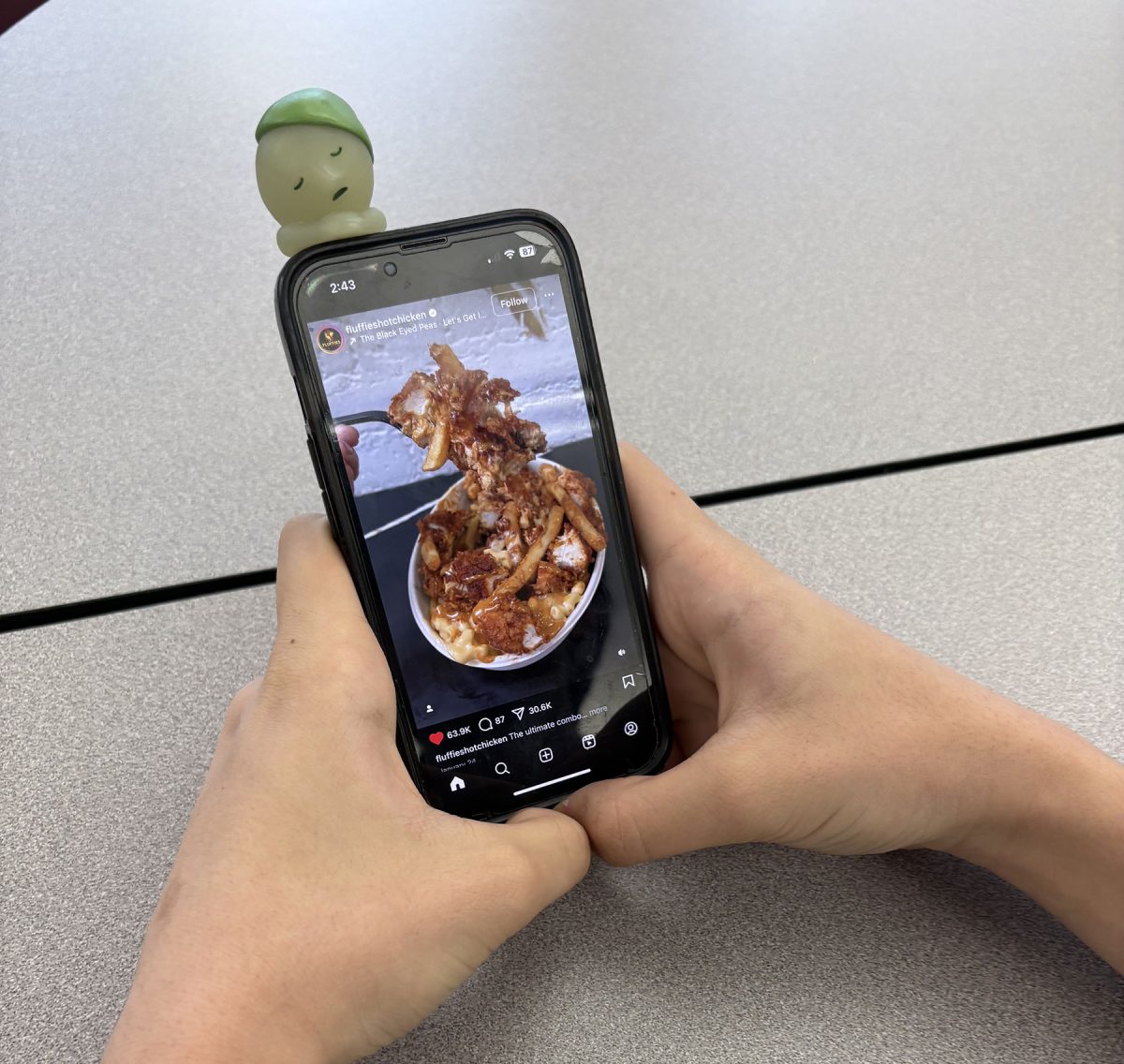A new, district-wide cell phone policy, recently passed by the Weston School Committee, has sparked controversy and discussion among students and teachers at WHS. This new policy will align practices across all grades, K-12, and it will lead to a significant change in students’ ability to access their phones at the high school starting no later than the fall of 2026.
This policy will not be implemented fully next fall so that the administration can determine the optimal plan for implementation during next year.
The policy states that “Students are not permitted access to personal electronic devices at school during school hours, with the exception of laptops for students in ninth through twelfth grade. Students are encouraged to leave personal electronic devices at home. At the start of each school day, students must turn off their devices and place them in a designated storage area. Students will regain access to their devices at the end of each school day.”
While the school committee has passed this policy, they have left it to school administrators to determine how to implement it in the high school, which may prove uniquely difficult.
“There will be challenges in implementing this policy,” said WHS principal Sue Bairstow. “But I have a group of department heads, directors, and faculty members who understand the issues with cell phones in schools and are focused on figuring out how it will work for Weston High School. I also look forward to involving students in our planning.”
The current high school guidelines require students to put their phones in designated cellphone hotels during classes unless otherwise directed. One main issue with this approach to regulating cell phone use has been that teachers sometimes struggle to enforce use of the phone hotels.
“I experience students often not putting their phones in the phone hotel; they need frequent reminders when they come into class rather than it being a habit,” said history teacher Don Benson.
Some students recognize that part of the challenge of getting students to use the phone hotels is due to students’ overreliance on the devices, and they see this policy as a possible improvement.
“I think it’s good we get to have a change,” said freshman Noah Rietze. “I mean as a generation we are addicted to our phones, and I think this will really help.”
WHS administrators have noticed that students have actually decreased cell phone usage due to the phone hotels, creating an opportunity to build on that foundation as they plan for adoption of the new policy.
“I have seen a great change over the past two years in my administrative roles that kids are more willing to leave the distraction at the door,” said Bairstow. “I also think developmentally we’ve been teaching students how to use phones appropriately.”
While the reliance on and addictive nature of cell phones is debated among students and teachers, many believe that cell phones have created issues when socializing with peers.
“When students are in the cafeteria or in the hallways [without cell phones], they will have to actually engage people, look people in the eyes, and develop important communication and social skills,” said Benson
Some students, however, see issues with not being able to contact family or friends, specifically at lunch.
“I think having your phone at lunch is a privilege but is [also] the only time in the day when we can communicate,” said freshman Imogen Campell. “It restricts people from texting their family members and friends.”
Restriction of cell phone use might be helpful to improve focus in class, but some wonder if the expectations of how much will change with the new policy are unrealistic given ongoing access to laptops.
“Teachers envision a world where students are never distracted and are fully focused in the class at all times, but what will [actually] happen is that they will just turn to other avenues to distract themselves,” said sophomore Isaiah Mwebeiha. “Like in middle school, we didn’t have cell phones but people played all kinds of games on their computers, and it became a whole culture of finding different things to do on your computers.
Administrators are looking over a range of methods for implementing this new policy, making their best effort to do so in a way that benefits all students.
“There’s a lot there, in terms of how to address it,” said Bairstow. “We don’t want to do it and just close our eyes if we face challenges; we want to do it and do it with fidelity. Do it in terms of what’s best for kids.”










